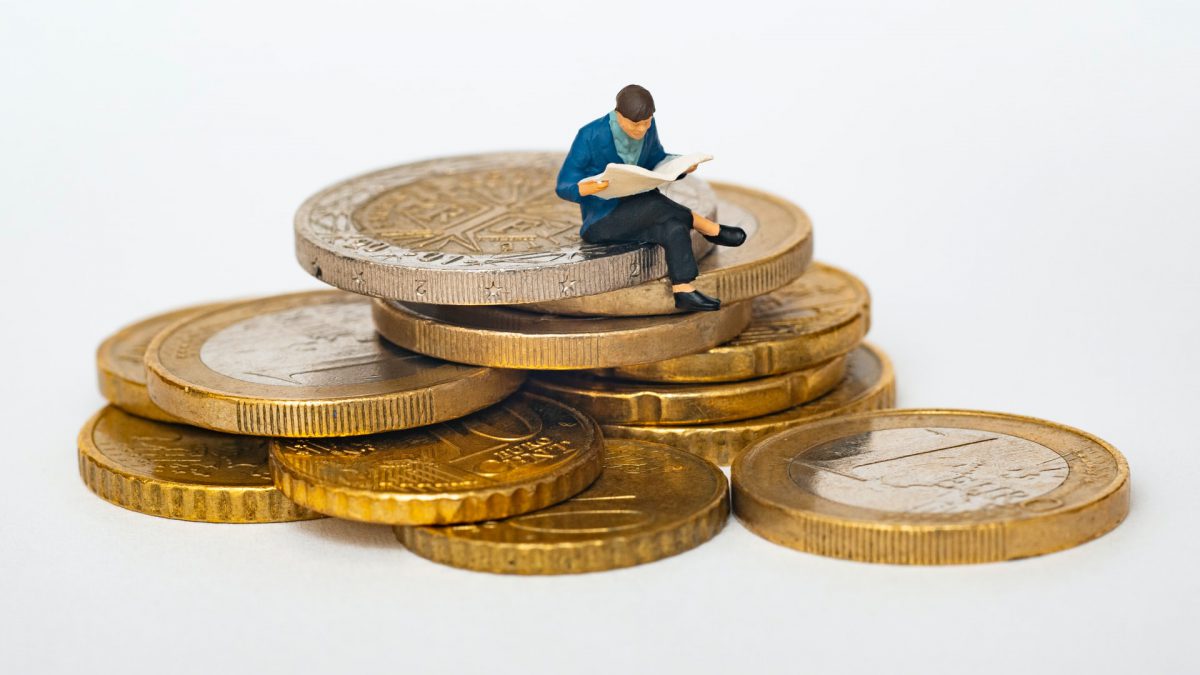Use your TFSA to take care of all those 2021 savings goals
“Roy?”
“Yes?” Roy replies as he puts down the Sunday newspaper and peers at his wife over his spectacles.
“Don’t you think our bathroom is starting to look a little tatty?”
“Not really, why?”
“Oh, I don’t know. Liz has just had their bathroom done and compared to theirs, ours looks, oh so eighties if you know what I mean. Besides, you do know that it will drive up the value of our home once we redecorate.”
Perhaps you’ve been having a similar debate in your home. Or maybe it’s a case of trying to save up enough for that overseas vacation you promised the family four years ago. Or perhaps buying a set of wheels for your eldest as they head off to university? Or maybe just being able to pay for university in the first place?
Everyone could do with a little extra money each year. Problem is, besides winning the Lotto, how do you guarantee that this happens?
After all, it’s not as if you can go ask the boss for an extra R50 000 because the bathroom needs a renovation. No, chances are you head hat in hand to the bank.
But what if there was a better way?
It is called saving, and while saving is not a new idea per se, we can offer some exciting twists to the plot.
In the good old days, you could either save using a fixed deposit at the bank and earn interest or you could dip your feet into the stock market by investing in unit trusts. But neither of these offered any real tax benefits over the long term.
Take fixed deposits for instance. Once you had earned a certain amount of interest, any excess interest was taxed. No-one likes having their money tied up and the fact that it was being taxed, caused many to opt for unit trusts instead.
In the beginning, this was great since you paid zero tax as your units grew in value, but then they introduced capital gains tax. This tax was levied on the growth of your investment.
Say, for instance, you bought at a cost of R10 a unit and then sold it 10 years later at R50 a unit. The R40 difference was seen as a gain although after 10 years, the R10 you had invested was now worth R30 when adjusted for inflation.
In fair disclosure, this is not a problem when investing small amounts, but what happens when those small amounts become hundreds of thousands of Rands?
Until next time.
The MoneyShop Team
MoneyShop





